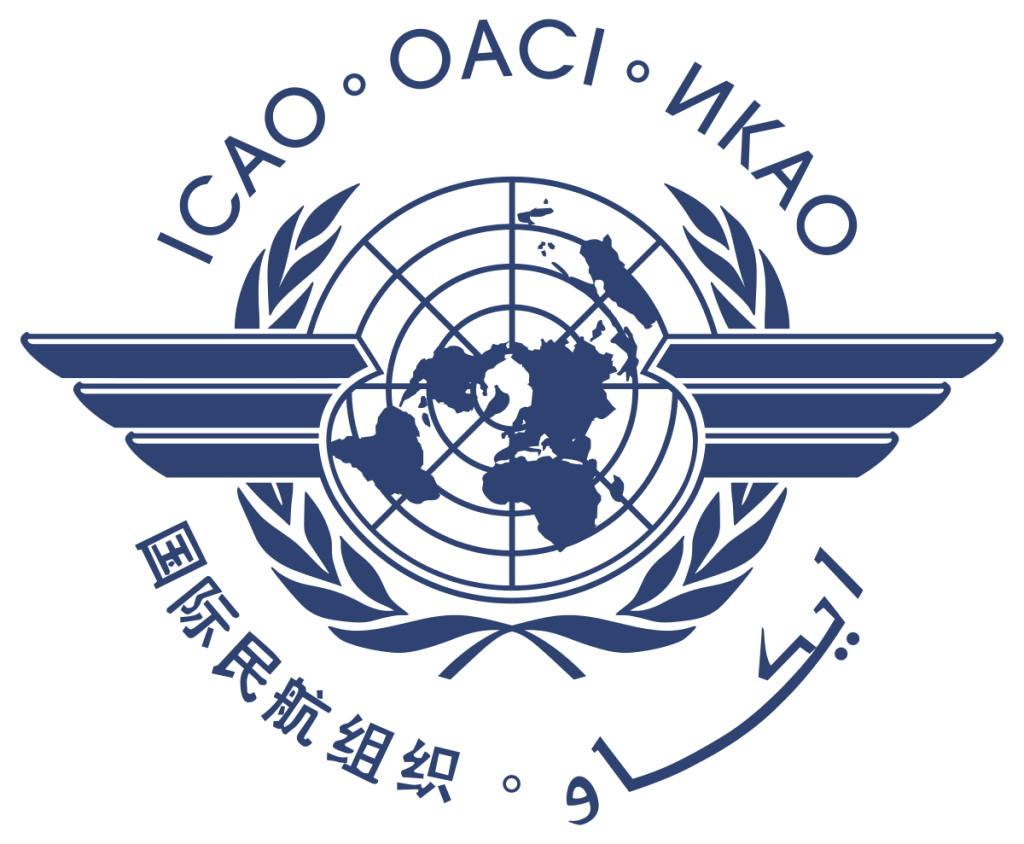The International Civil Aviation Organization (ICAO) is a specialized agency of the United Nations that was established in 1944. Its primary function is to ensure the safe, secure, and efficient operation of civil aviation on a global scale.
ICAO sets international standards and regulations for the design, construction, and operation of aircraft, as well as for air traffic management, flight safety, and aviation security. It also provides technical assistance, training, and capacity-building support to its 193 Member States to help them meet these standards.
ICAO works closely with other UN agencies, industry organizations, and stakeholders in the aviation community to promote cooperation and collaboration on aviation issues. It is headquartered in Montreal, Canada, and has regional offices in Asia-Pacific, Africa, Europe and the Middle East, and North and Central America and the Caribbean.
ICAO is governed by its 36-member Council, which is elected by the organization’s Assembly every three years. The Council is responsible for implementing the policies and standards set by the Assembly, as well as overseeing the organization’s day-to-day operations.
ICAO also has a Secretariat, which is headed by a Secretary-General who is appointed by the Council. The Secretariat is responsible for providing administrative and technical support to the Council and the Assembly, as well as implementing their decisions.
ICAO’s work has played a critical role in the development and growth of the global aviation industry, and its standards and regulations are recognized and respected by aviation authorities and organizations around the world.
